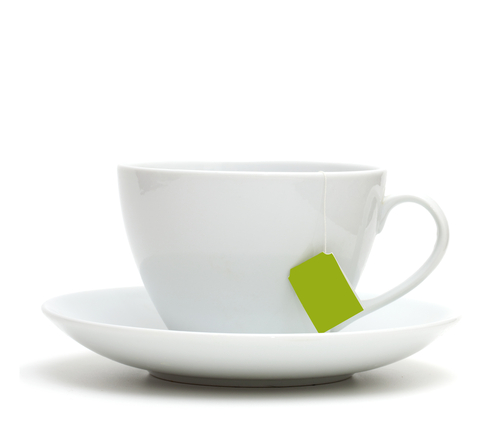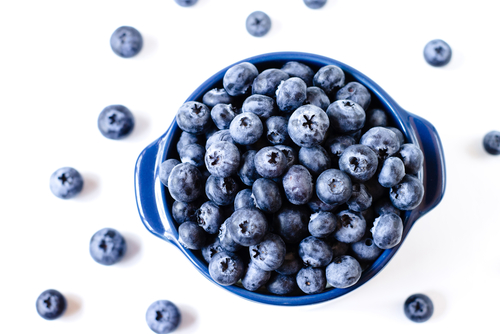 Beauty & Self Care
Beauty & Self Care  Nurture Yourself
Nurture Yourself
5 Ways to Fight Winter Skin With Food
Home » Nurture Yourself » Beauty & Self Care » 5 Ways to Fight Winter Skin With Food
Winter skin is upon us. Was that a collective sigh I just heard?
When the temperature drops, we all love rocking cozy sweaters, colorful scarves, and fuzzy earmuffs. But the flaky skin, scaly patches, and hard-to-reach itches are the not-so-beloved aspect of this season.
Rather than succumbing to winter’s wrath, try combatting winter skin from the inside out. Eating certain healthy foods and applying others topically can give your skin a smooth, rosy glow no matter how cold it gets.
5 Ways to Fight Winter Skin With Food
1. Tea
Baby, it’s cold outside! So why not curl up with a warm cup of tea? While you might not be as thirsty in winter as you were during the summer heat, staying hydrated in the cold is equally essential.
Drinking 8–10 glasses of water or tea per day can help flush out toxins, prevent the skin from drying, increase cell turnover, and keep your skin young and fresh.
Just be sure to combine drinking plenty of water and/or tea with applying plenty of moisturizer. Moisturizers help hold water in the skin’s top layer, so they work hand in hand with water. This translates into great, glowing skin despite the harsh winter weather.
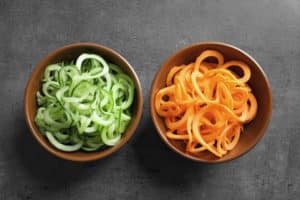
2. Orange and Green Food
No, we don’t mean M&Ms! Orange veggies, such as carrots, squash, pumpkins, and sweet potatoes, are full of carotenoids.
Carotenoids increase our defense against the sun’s damaging UV rays (remember, it’s important to always use sunscreen for protection, even in winter).
They also help prevent acne breakouts and flare-ups that can make your skin blemished and blotchy. Try a pumpkin yogurt mask for a little winter skin pampering.
Green foods, such as kale and spinach, are full of vitamin C, which can act as a food equivalent of the fountain of youth. Vitamin C helps repair skin by building collagen that wards off those pesky wrinkles. Eat at least one orange and one green food every day and your skin will thank you!
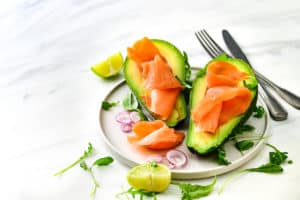
3. Healthy Fats
We love fat. We aren’t talking about the kind you find in pie and french fries, but rather the healthy fats found in salmon, avocados, and chia seeds.
These foods contain omega-3 fatty acids, which aid in heart health and weight loss. But did you know they also give you healthy skin? They help reduce inflammation and prevent collagen breakdown (translation: less wrinkles).
Looking for some healthy snacks? Simply mix 2 tablespoons of chia into your yogurt for an added 5 grams of omega-3s, or sprinkle some flax into a midday cup of oatmeal.
One food that’s as good in your belly as it is on your face is avocado. Avocados contain monounsaturated fat and are rich in vitamins A and E.
Vitamin E enhances your skin’s collagen production (leading to smoother skin) while sealing in vital moisture. Try this avocado face mask and let this double-duty powerhouse work its magic on your dry winter skin!
4. Colorful Fruit
Fruits such as blueberries, blackberries, and cranberries are rich in antioxidants. Antioxidants not only fight damaging free radicals in your body, but they also can fight those winter skin blues! Antioxidants help protect your skin against damage caused by the sun and harsh cold weather conditions.
Blueberries have the added benefit of containing compounds that slow wrinkles and the effects of aging. Think of antioxidants as your youth elixir, keeping you beautiful, ageless, and energized no matter what the weather has in store.
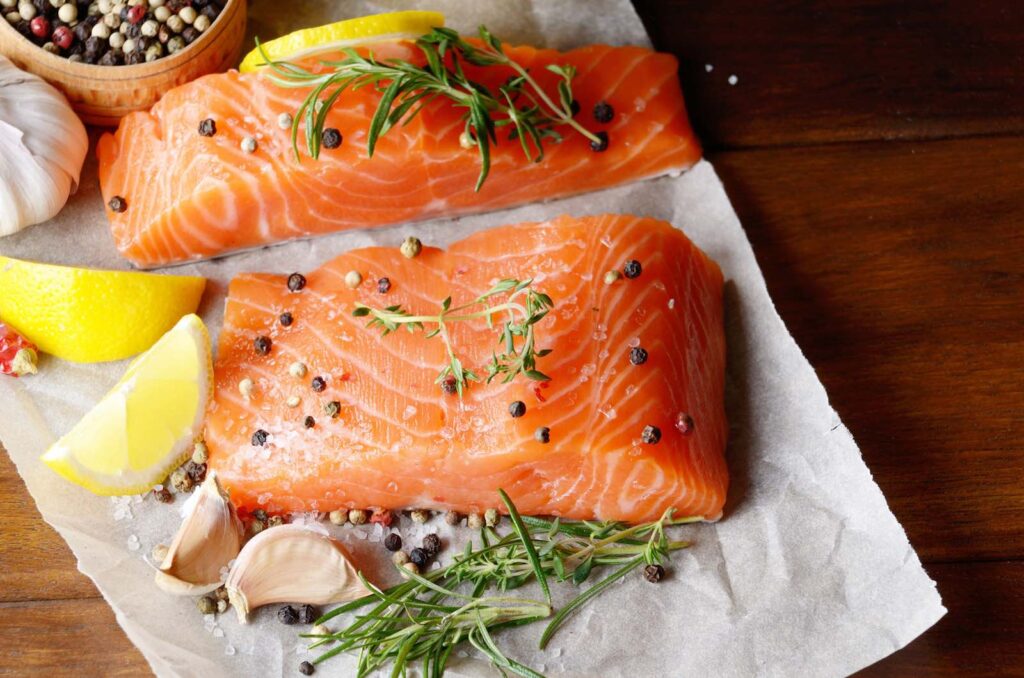
5. Salmon
Not only is it a delicious source of protein, but salmon is also full of skin-enhancing omega-3 fatty acids. Omega-3s allow the skin’s ceramides to hold onto water more effectively. Ceramides act as the glue that keeps cells locked together, forming a barrier that keeps hydration in. When ceramides deplete, skin grows dry and irritated.
The healthy fats in salmon moisturize the skin from the inside out, reducing the inflammation that leads to dry skin and psoriasis. Salmon is also packed with vitamin E and zinc—both vital nutrients for maintaining supple skin (and strong hair and nails!).
Consuming salmon just twice weekly helps your skin hold onto its natural moisture, plumps your fine lines, speeds up the healing of breakouts and rashes, and prevents dehydration and roughness during harsh winter weather.
(Image: Shutterstock)
The Nutritious Life Editors are a team of healthy lifestyle enthusiasts who not only subscribe to — and live! — the 8 Pillars of a Nutritious Life, but also have access to some of the savviest thought leaders in the health and wellness space — including our founder and resident dietitian, Keri Glassman. From the hottest trends in wellness to the latest medical science, we stay on top of it all in order to deliver the info YOU need to live your most nutritious life.
DISCOVER MORE
RECENT ARTICLES

Want a sneak peek inside the program?
Get FREE access to some of the core training materials that make up our signature program – Become a Nutrition Coach.
Get Access"*" indicates required fields
